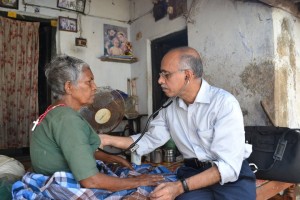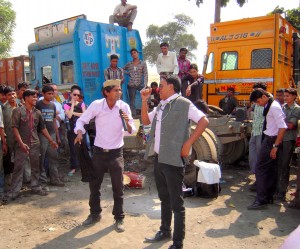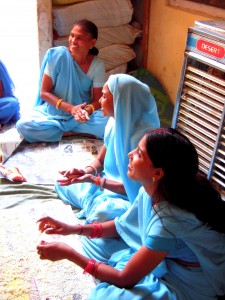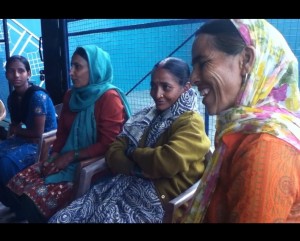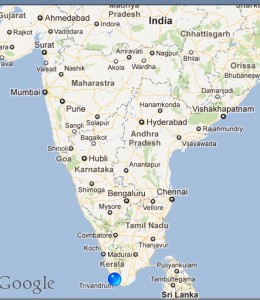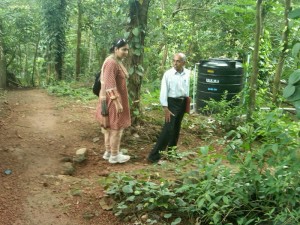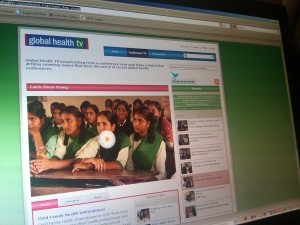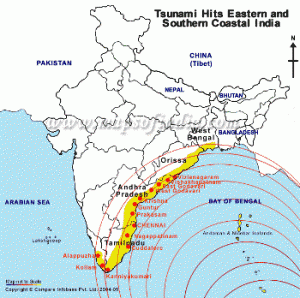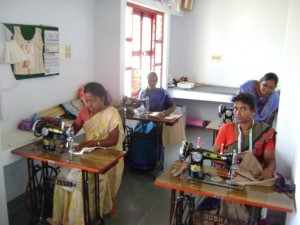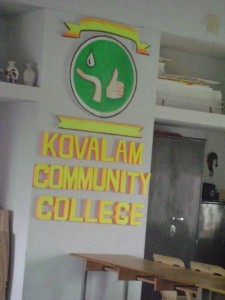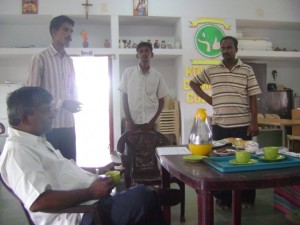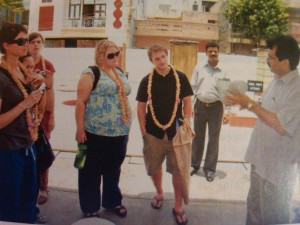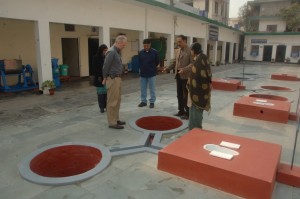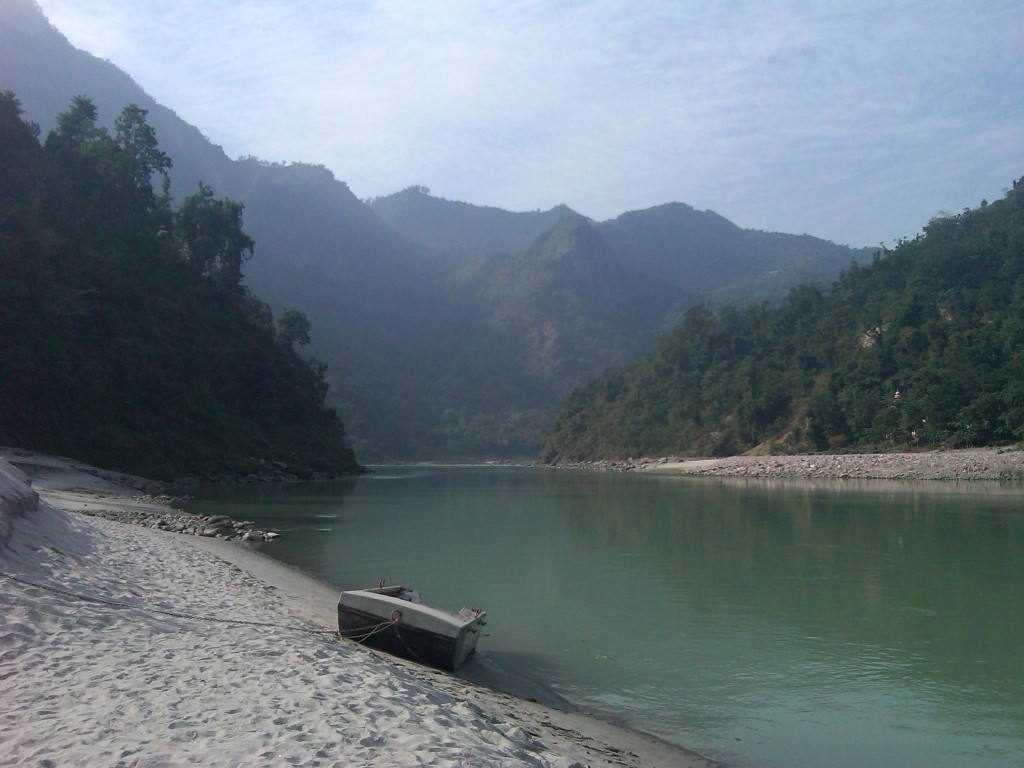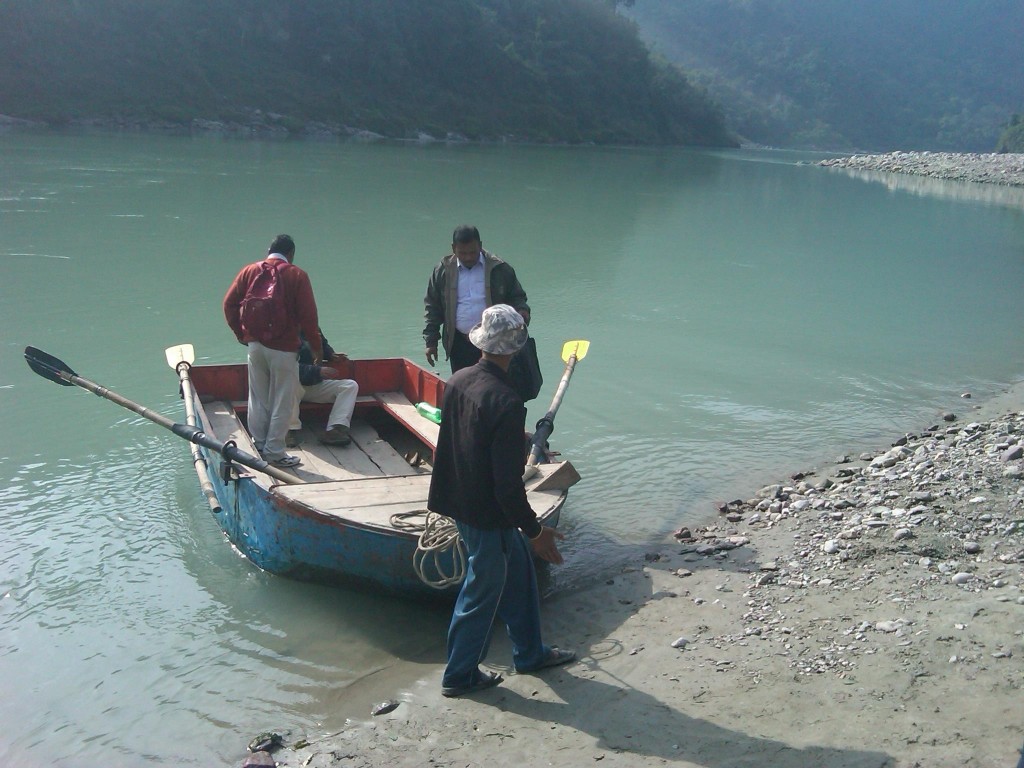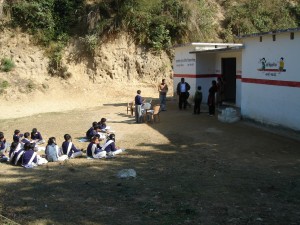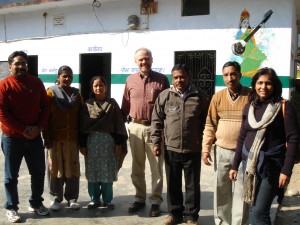February 20th is World Social Justice Day. We would like to take this day to highlight one of our partners who has been working to achieve social justice. Dr. Rajagopal has been helping to reform the Hospice and Palliative Care laws in India through his organization, Pallium India.Through both personal visits to patients, and by building a strong system of doctors across the nation, Dr. Rajagopal has highly improved the state of Palliative and Hospice Care in India. Access to Morphine and Pain Killers is an enormous problem in India because of previous problems with morphine addictions. India has the highest amount of victims for mouth cancer, and it is estimated that less than 3% of cancer patients get proper pain relief. (1)
Fortunately, laws in India have been changed. Now, a policy has been set so that in Kerala, doctors with at least 6 weeks of training, such as Dr. Rajagopal, can prescribe morphine for palliative care. (2) The rule was introduced in June 1998 in Trivandrum, the capital city of the state of Kerala. Since then, the central government has recommended this new rule to all the states in India. The idea of easier access to morphine and other pain relieving drugs was initially recommended by organizations and committees such as WHO Collaborating Center for Policy and Communications in Cancer Care (Wisconsin, USA). The Center is currently attempting to simplify complicated state narcotic regulations to further improve the availability of opioid analgesics.
Through his organization, Pallium India, Dr. Rajagopal strives to provide Palliative and Hospice care to those that need it. Not only does Pallium India provide medical care to patients, but the organization also provides resources such as food and sewing machines to the patient’s family to help them get back on their feet. CFHI has partnered with Dr. Rajagopal to launch the Palliative Care In Southern India Program in Trivandrum, India that centers around Hospice and Palliative care. The CFHI participants involved in the program are given the opportunity to visit the patients and experience first hand how patients are treated and managed. Pallium India and CFHI have worked together to reform India’s Hospice and Palliative Care system.
(1), (2) http://www.ncbi.nlm.nih.gov/pmc/articles/PMC3573467/
-Special thanks to guest bloggers Alexandria Tso and Nayanika Kapoor for contributing this article.

